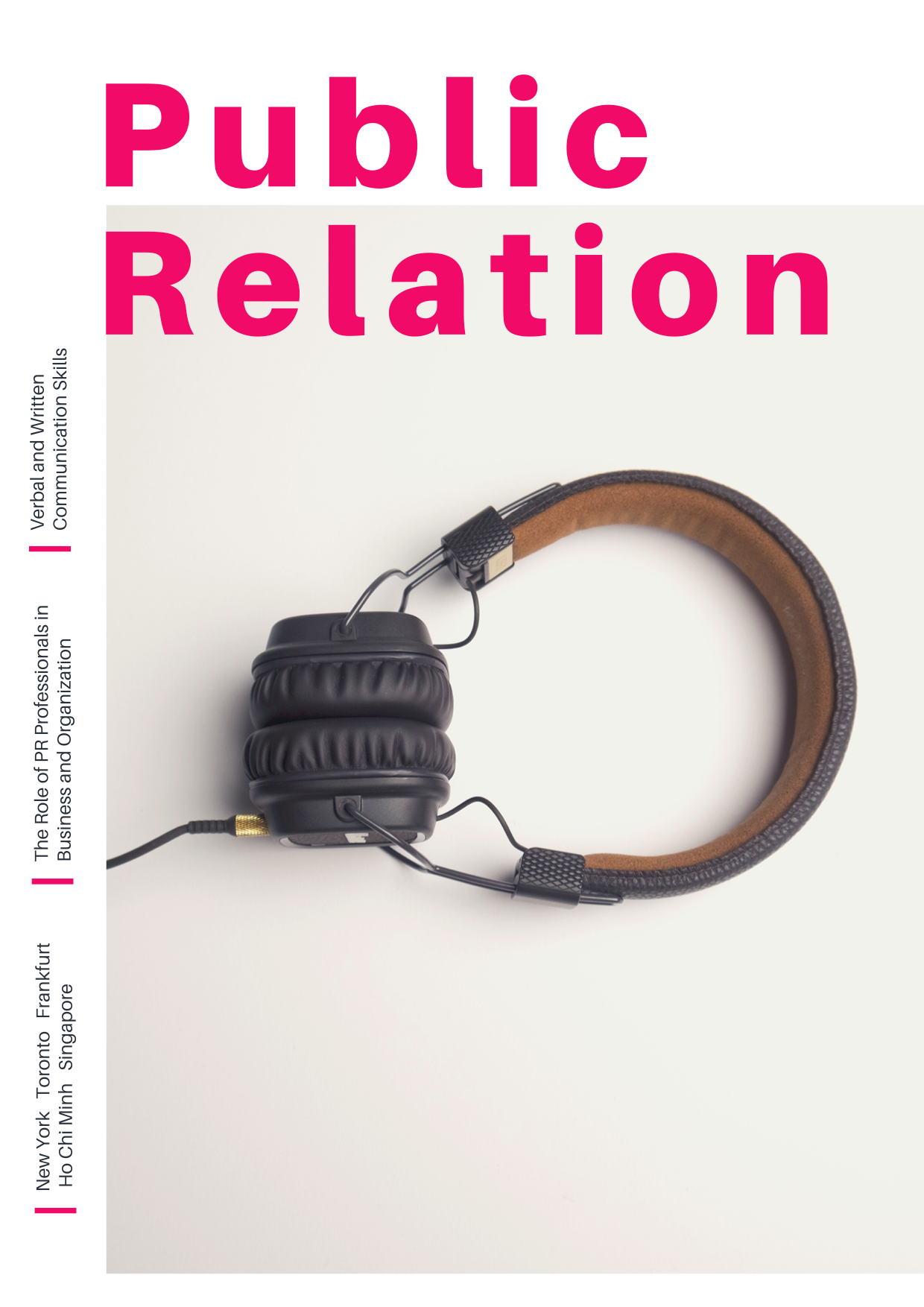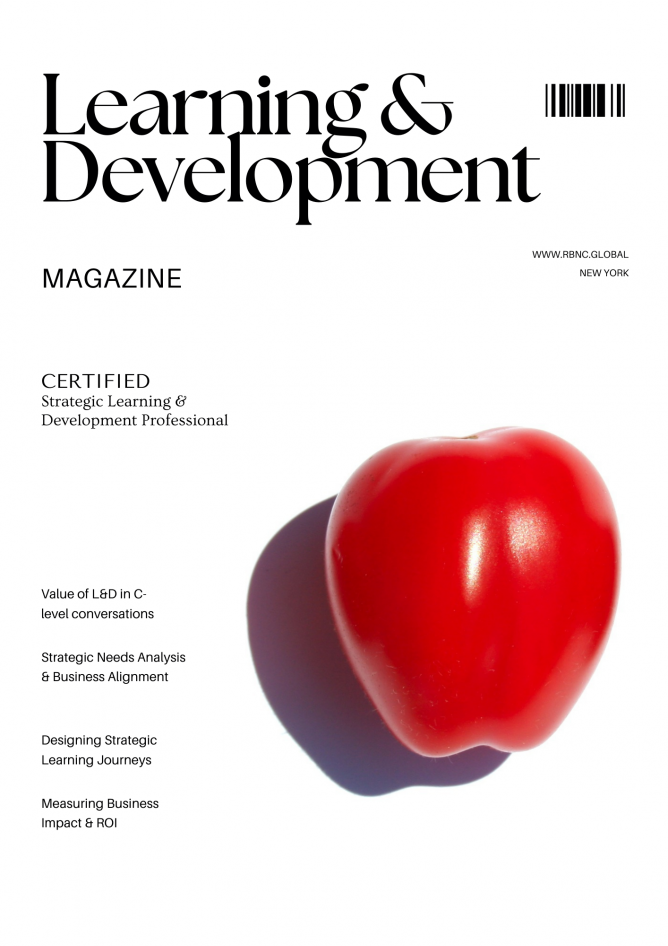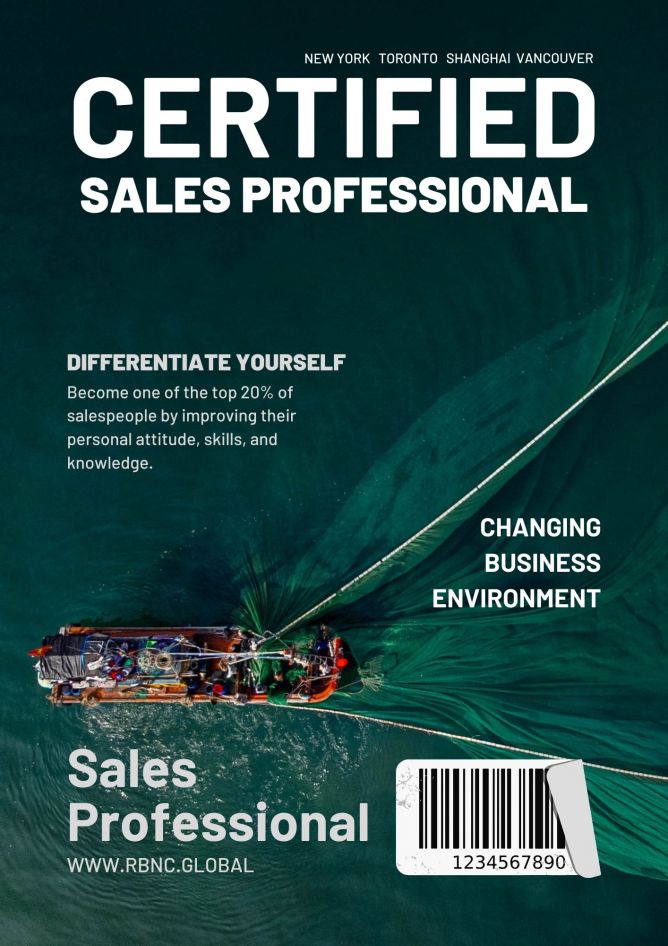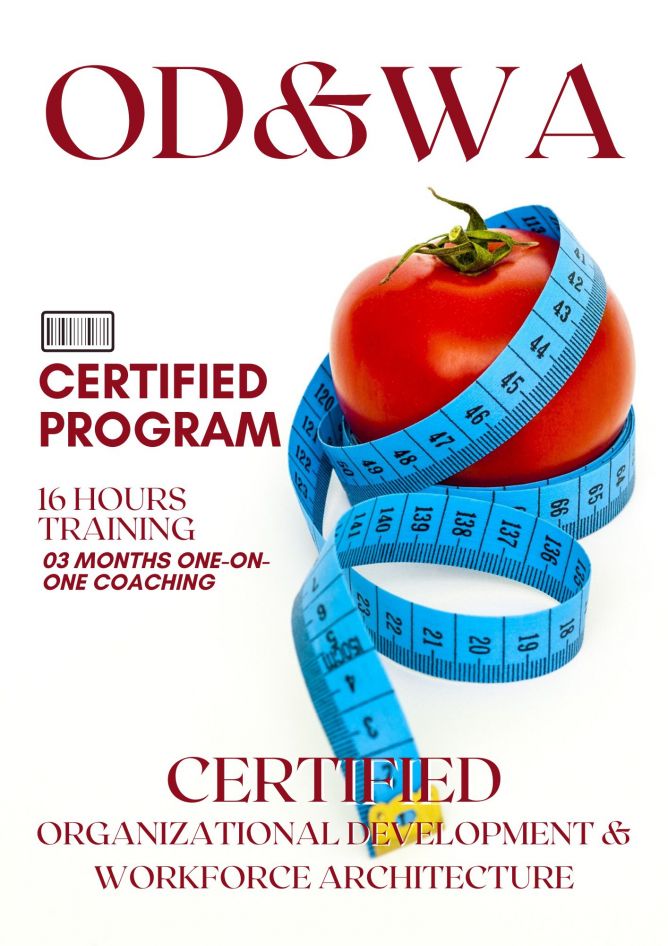Certified Public Relations Professional
Introduction
Public relations (PR) is essential for building and maintaining a positive brand image, fostering trust, and managing communication between organizations and their stakeholders. It helps businesses shape public perception, enhance credibility, and strengthen relationships with customers, investors, and the media. Effective PR strategies drive brand awareness, support crisis management, and influence public opinion through storytelling and media engagement. In today’s digital era, PR plays a key role in reputation management, social responsibility, and thought leadership. Without strong PR, organizations risk misinformation, reputational damage, and weakened brand loyalty, making it a vital function for long-term success and credibility.
This training program is designed to include:
- 16 hours of training
- 03 months of one-on-one coaching
How you will benefit
- Understand the functions of Public Relations (PR) in a changing environment.
- Practice the key communication skills and techniques essential for performing their public relations duties.
- Demonstrate a better understanding of how to communicate effectively with the internal and external publics of the organization.
- Play an active role in supporting the image and reputation of the organization.
Who should attend
Managers, supervisors and officers experienced in public relations. Other key personnel whose work involves contact and interaction with the internal/external public, particularly in the areas of personnel, marketing, sales, training and administration will also benefit from this program. Successful candidates on this program will be awarded RBNC’s Professional Certificate.
What you will cover
- The Origin and Development of PR
- Definitions, Scope and Objectives
- New Roles and Perspectives
- The Role of Public Relations in Building and Supporting the Image of the Organization
- Planning and Organizing the Activities of Public Relations
- Ingredients of Successful PR Planning
- Main Qualities of Public Relations Professionals
- Public Relations Position in the Organization
- Communicating with the Internal and External Publics
- Overcoming Barriers in Communication
- Non Verbal Communication
- The Communication Abilities for Public Relations Professionals
- Understanding Difficult Personalities
- Dealing with Difficult Personalities
- Kinds of Verbal Communication
- How to Prepare for a Presentation/Speech
- Rehearsing your Presentation/Speech
- Verbal and Non Verbal Skills while Presenting
- Types of Written Communications
- Effective Writing Skills: Memos, Letters and Emails
- Writing and Producing Newsletters
- Designing and Producing Brochures
- Preparing Articles for Magazines
- Why Conduct a Press Conference
- How to Conduct a Press Conference
- How to Prepare a Press Release
- Dealing with Questions During a Press Conference
- Preparing and Circulating the Press Clippings
Schedule









